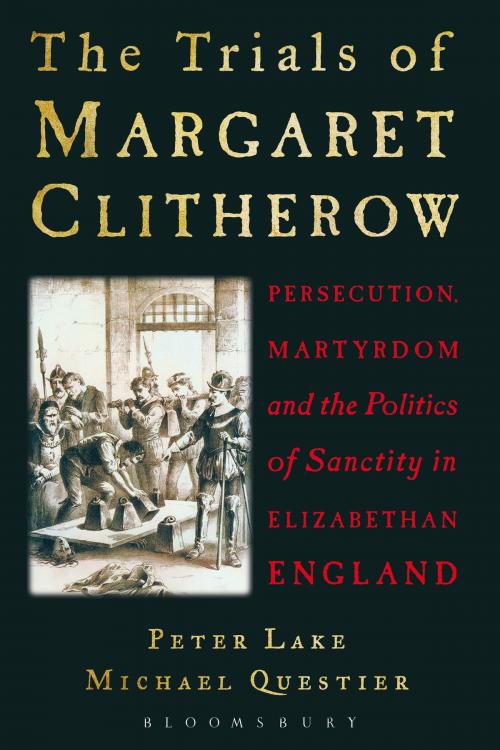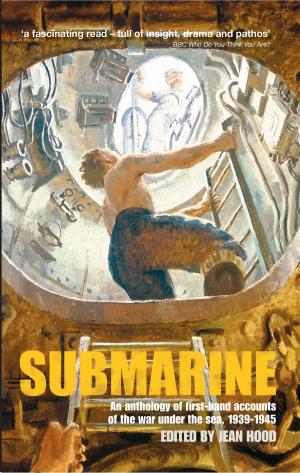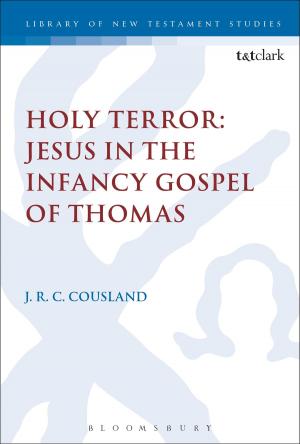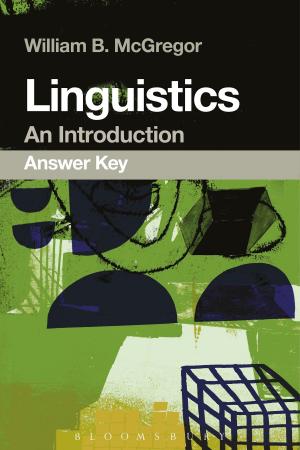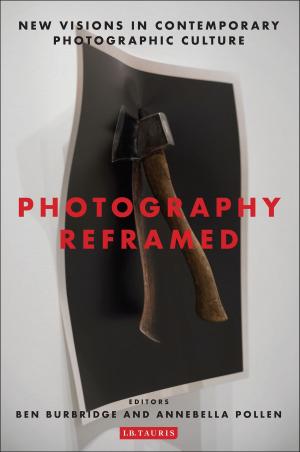The Trials of Margaret Clitherow
Persecution, Martyrdom and the Politics of Sanctity in Elizabethan England
Nonfiction, Religion & Spirituality, Reference, History, British, Modern| Author: | Professor Peter Lake, Professor Michael Questier | ISBN: | 9780826431530 |
| Publisher: | Bloomsbury Publishing | Publication: | March 24, 2011 |
| Imprint: | Continuum | Language: | English |
| Author: | Professor Peter Lake, Professor Michael Questier |
| ISBN: | 9780826431530 |
| Publisher: | Bloomsbury Publishing |
| Publication: | March 24, 2011 |
| Imprint: | Continuum |
| Language: | English |
This is a new biography of a Catholic martyr exploring the complicated and controversial story of her demise. The story of Margaret Clitherow represents one of the most important yet troubling events in post-Reformation history. Her trial, execution and subsequent legend have provoked controversy ever since it became a cause celebre in the time of Elizabeth I. Through extensive new research into the contemporary accounts of her arrest and trial the authors have pieced together a new reading of the surrounding events. The result is a work which considers the question of religious sainthood and martyrdom as well as the relationship between society, the state and the Church in Britain during the C16th. They establish the full ideological significance of the trial and demonstrate that the politics of post-Reformation British society cannot be understood without the wider local, national and international contexts in which they occurred. This is a major contribution to our understanding of both English Catholicism and the Protestant regime of the Elizabethan period.
This is a new biography of a Catholic martyr exploring the complicated and controversial story of her demise. The story of Margaret Clitherow represents one of the most important yet troubling events in post-Reformation history. Her trial, execution and subsequent legend have provoked controversy ever since it became a cause celebre in the time of Elizabeth I. Through extensive new research into the contemporary accounts of her arrest and trial the authors have pieced together a new reading of the surrounding events. The result is a work which considers the question of religious sainthood and martyrdom as well as the relationship between society, the state and the Church in Britain during the C16th. They establish the full ideological significance of the trial and demonstrate that the politics of post-Reformation British society cannot be understood without the wider local, national and international contexts in which they occurred. This is a major contribution to our understanding of both English Catholicism and the Protestant regime of the Elizabethan period.
